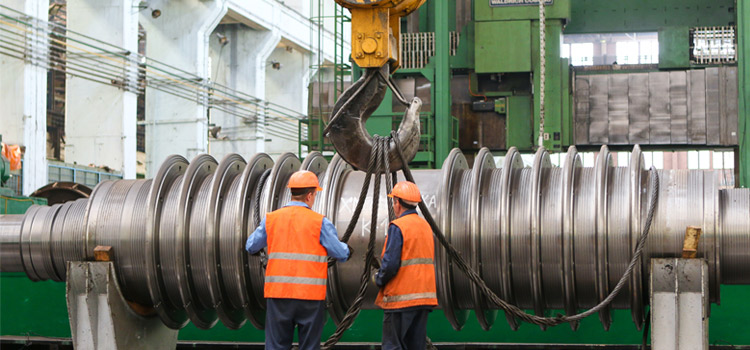Industrial Laws Lawyers
Industrial Laws in India
Find Industrial Laws expert lawyer in India.
|
What are Industrial Laws? What is an “Industry”? What areas are covered by the Industrial Laws? Vidhikarya will help you find a most suitable lawyer, for you in your city, who will be able to answer all your Industrial Laws related queries and also guide you on how to resolve this matter with ease. |
|
About the Industrial Laws |
|
As per Section 2 (j) of the Industrial Disputes Act 1947, ‘industry’ refers to any trade, undertaking, business, manufacture, or calling of employers and includes any service, employment, calling, handicraft or industrial occupation or avocation of workmen”. |
What are the applicable laws to the Industrial Sector?
|
o Minimum Wages Act 1948 o Payment of Bonus Act 1972 o Factories Act 1948 o Mines Act 1952 o Employee’s Provident Funds and Miscellaneous Provisions Act 1952 o Industrial Disputes Act 1947 o The Contract Labour (Prohibition and Regulation) Act 1970 |
Some important facts of Industrial Laws
|
Industrial Disputes Act is the primary law with respect to the topic of Industrial laws. It is an Act to make arrangement for the examination and settlement of industrial question, and for certain different purposes. Section 7A of the Act makes provision for setting up of tribunals to ensure delivery of justice. The Industrial Disputes Act is applicable to the whole of India, the different provided forms of dispute resolution are collective bargaining, arbitration, conciliation, adjudication, mediation, etc. Collective dealing is a strategy by which disputes of employment are settled genially, calmly and intentionally by settlement between worker's organizations and administrations. The technique for collective haggling in settling the Industrial question, while keeping up industrial peace has been perceived as the bed shake of the Act. Under the arrangement of the Act, the settlement touched base at by procedure of collective bartering with the business has been given a statutory acknowledgment under Section 18 of the Act. Section 6 of the Act enables the administration to constitute a court of request, for inquisitive into any issue relating to an Industrial Dispute. The technique of the court of request has likewise been endorsed by Section 11. While the report of the court isn't binding on the parties, many time it results in an agreement. The aim of monitoring contract labour is achieved through, The Contract Labour (Prohibition and Regulation) Act 1970. Certain provisions of the Employees Provident Fund Act talk about the kind of retirement benefits. |
Search Result : Expert Industrial Lawyers
Consult Expert Industrial Lawyers in India
Advocate Abhimanyu Shandilya
Advocate Anik
Bangalore
Advocate Shrikrushna Tambde
Nagpur
Advocate Bharat Majmundar
Vadodara
Advocate Jaswant Singh Katariya
Gurgaon
Advocate Dr Gubbi's House Of Justice
Bangalore
Advocate Samarjeet Shandilya
Ranchi
Advocate J. P. Singla
Faridabad





















